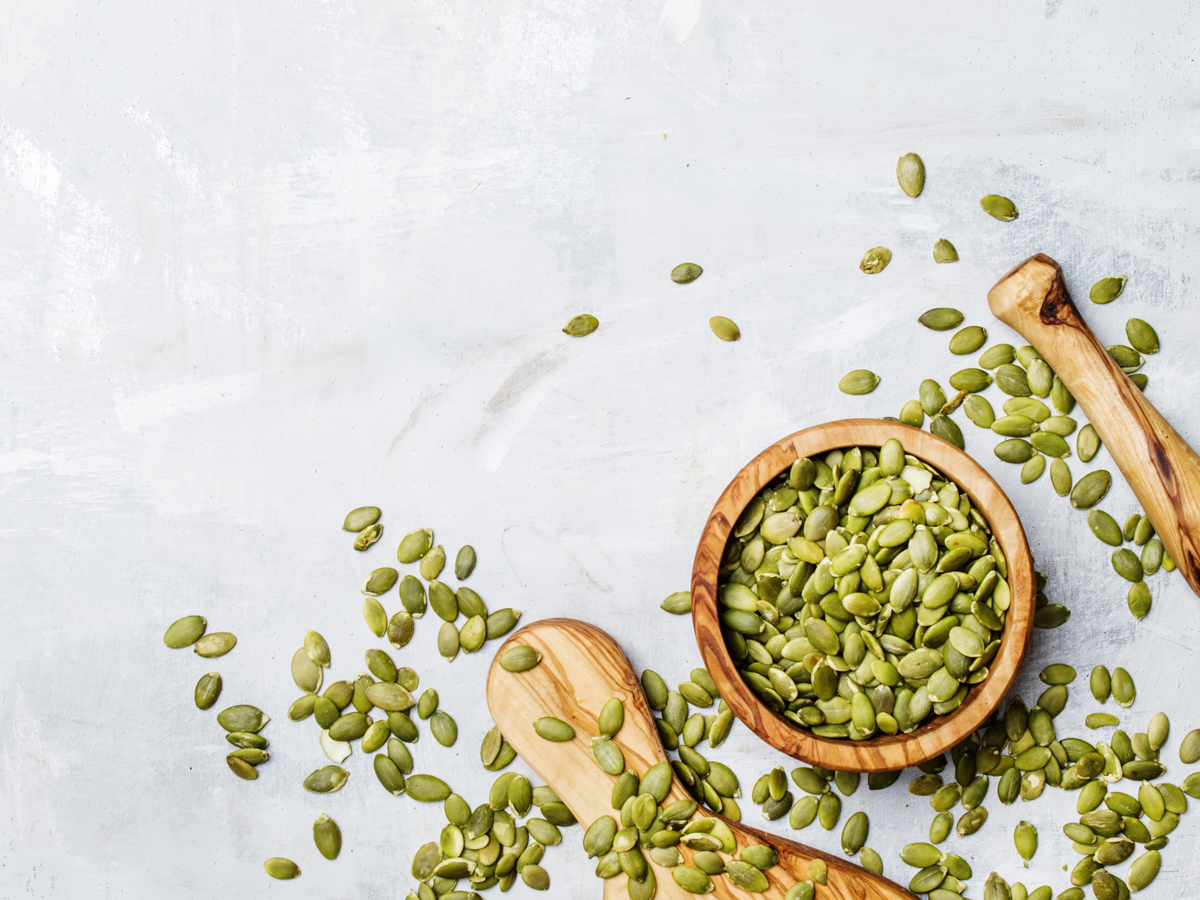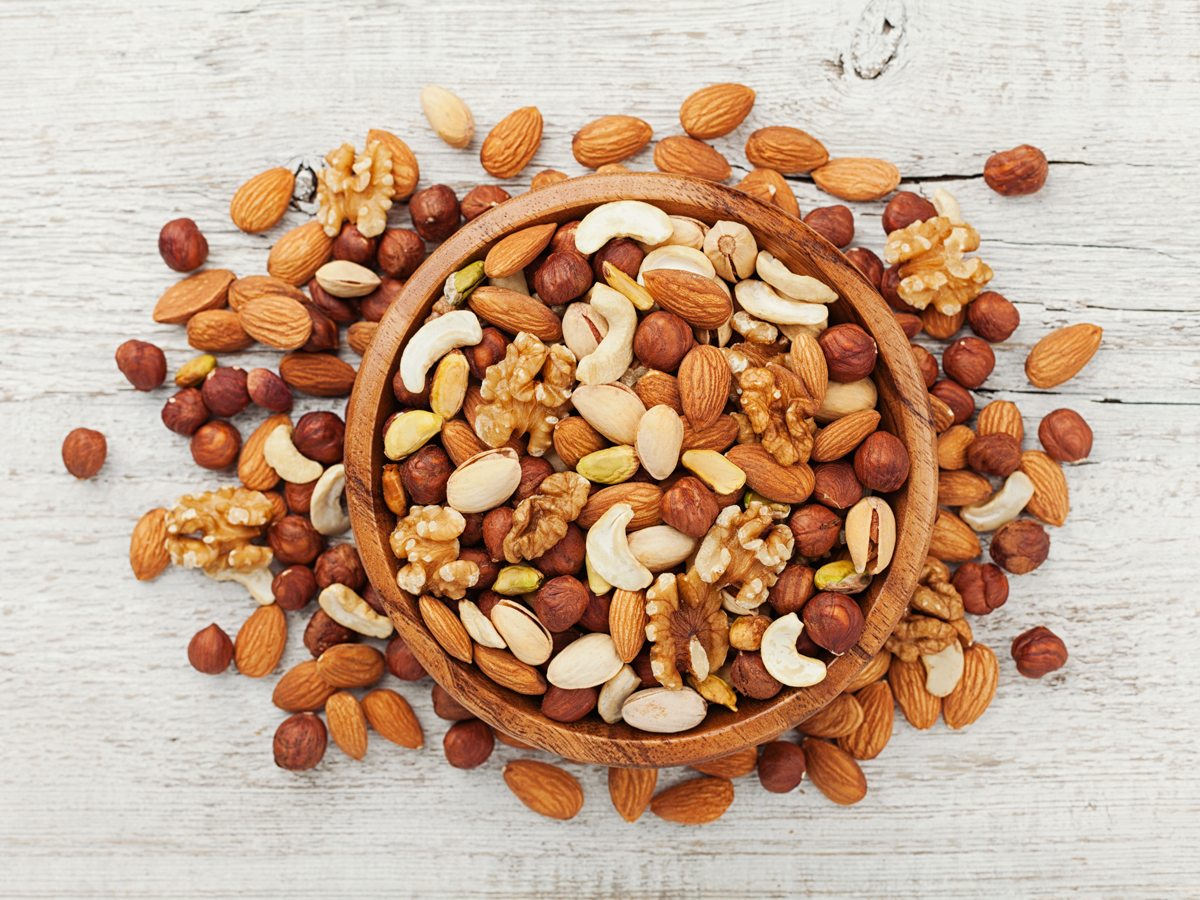

Fatigue, irritability, weakness, drowsiness, and a general sense of discomfort are common symptoms from fall to winter. Due to dropping temperatures, we are often more vulnerable to colds and respiratory ailments. So, what can be done to avoid get sick this season? Let’s dive into some expert’s tips!
CiboCrudo, the leading Italian brand of plant-based, organic, and raw food, asked Daniele Basta, a biologist nutritionist and CiboCrudo consultant, for five useful tips to follow in supporting the proper functioning of the immune system to face the winter.
“These are simple tips that everyone can easily follow, but they can make a difference. In addition to superfoods, it is important to consume fibers through the regular intake of legumes, whole grains, fruits, and vegetables to nourish the ‘friendly’ intestinal microflora, capable of metabolizing them with the production of short-chain fatty acids, such as butyrate, which can positively influence inflammation levels and our immune system,” says nutritionist Daniele Basta. “This will allow us to face the winter season with greater serenity.”
What to do to Avoid Catching a Cold: 5 (Almost) Foolproof Tricks

1. Eat Fruits and Vegetables
Foods rich in vitamins, minerals, and antioxidants such as fruits and vegetables contribute to supporting the proper functioning of our immune defenses. Their presence in our diet is fundamental.
2. Engage in Physical Activity
When the cold arrives, we may want to stay indoors and rest, but it is important to maintain fitness regularly through moderate-intensity physical activity rather than high-intensity exercise. “If physical activity is too intense, it becomes counterproductive for our immune system, exposing us to possible infections,” says Daniele Basta.

3. Try to Get Good Sleep
With the arrival of winter, we tend to sleep more, but the quality of rest makes a difference. Foods rich in magnesium, consumed a couple of hours before bedtime, are excellent for promoting relaxation. Pumpkin seeds are very useful in this regard.
4. Monitor Cholesterol and Blood Pressure
To maintain the proper functioning of our immune system, it is good to monitor blood pressure and cholesterol levels. Daniele Basta recommends mushrooms because they “are versatile foods with numerous benefits, serving as an excellent source of soluble fibers and phytosterols that help reduce total cholesterol levels and LDL lipoproteins.”
5. Manage Stress
It is the most difficult tip to implement, since our stress level is determined daily by countless factors. Once again, a mushroom is the perfect ally: reishi is excellent for countering oxidative stress in our body’s cells due to its selenium, glutathione, and ergothioneine content. Reishi powder dissolves in water, but due to its intense flavor, we recommend pairing it with other strong-tasting foods like cocoa, coffee, or spices, or in delightful recipes. Legumes, as well as nuts, especially almonds, walnuts, and pistachios, are all rich in antioxidants and magnesium and should not be missing from our autumnal dietary routine.
**Blood Tests to Take Annually for Health Monitoring**
**Carbs at Night: Your Secret to Health and Happiness**













